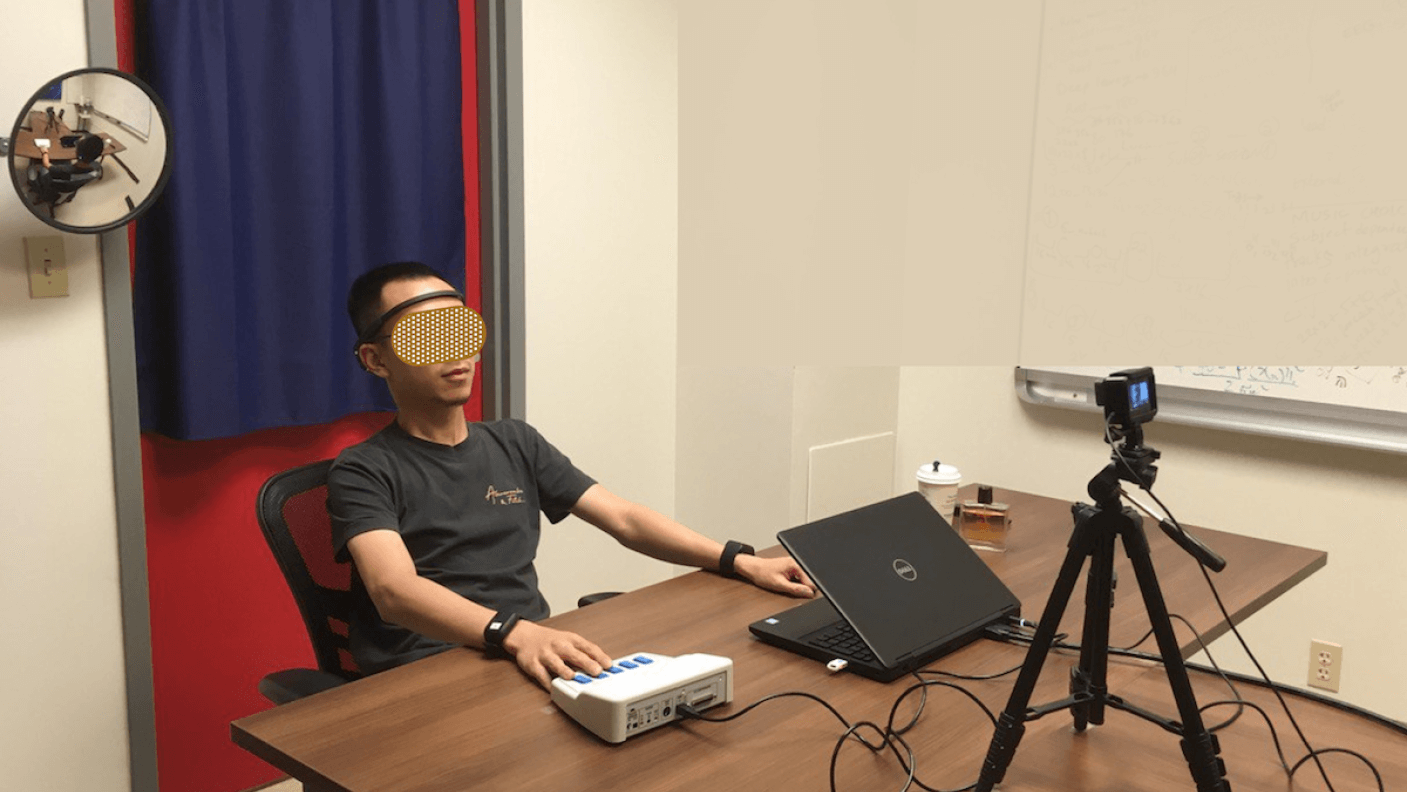
(© Prostock-studio - stock.adobe.com)
NEW YORK — Throw on some Taylor Swift while enjoying that morning java. Everyday pleasures like listening to music or sipping a cup of coffee can elevate brain activity, enhancing tasks demanding concentration and memory, according to a recent study.
Utilizing a state-of-the-art brain-monitoring tool called MINDWATCH, the New York University Tandon School of Engineering study provides deeper insight into the brain's response to daily stimuli. MINDWATCH is an algorithm that tracks a person’s brain activity. This data is collected from wearable devices capable of monitoring electrodermal activity (EDA), a measure of electrical changes in the skin caused by emotional stress, often associated with sweat responses.

The study involved participants wearing skin-monitoring wristbands and brain-monitoring headbands. They undertook cognitive tests while enjoying music, coffee, or fragrances catered to their personal preferences and then again without these stimulants.
With the help of MINDWATCH, NYU researchers found that both music and coffee significantly influenced participants' brain arousal, essentially tuning their brains for optimal performance in the tasks. These stimuli boosted “beta band” brain wave activity, which is linked to peak cognitive performance. Interestingly, perfumes also had a slight positive effect, pointing to potential areas for further investigation.
“The pandemic has impacted the mental well-being of many people across the globe and now more than ever, there is a need to seamlessly monitor the negative impact of everyday stressors on one's cognitive function,” says Rose Faghih, an associate professor of biomedical engineering who developed MINDWATCH in six years, in a university release.
“Right now MINDWATCH is still under development, but our eventual goal is that it will contribute to technology that could allow any person to monitor his or her own brain cognitive arousal in real time, detecting moments of acute stress or cognitive disengagement, for example. At those times, MINDWATCH could ‘nudge’ a person towards simple and safe interventions — perhaps listening to music — so they could get themselves into a brain state in which they feel better and perform job or school tasks more successfully.”

The specific cognitive challenge used in the study was the n-back test, which measures working memory. Participants were shown a series of stimuli and had to identify if the current one matched the one shown earlier in the sequence. Results showed that familiar, energetic music led to the best performance, followed by AI-generated music tailored to the participant's taste. Coffee and perfume had lesser but still noticeable positive impacts.
The boost in performance was more prominent in more challenging versions of the n-back test, hinting that such interventions may be particularly useful under heavier “cognitive loads”.
The MINDWATCH team plans continued experiments to validate the tool's reliability and understand the broader effectiveness of various interventions on brain activity. It's crucial to note that while certain interventions might generally boost brain performance, individual results may vary.
The study is published in the journal Nature.










